Members Only 133 – The Medieval Medical Examination
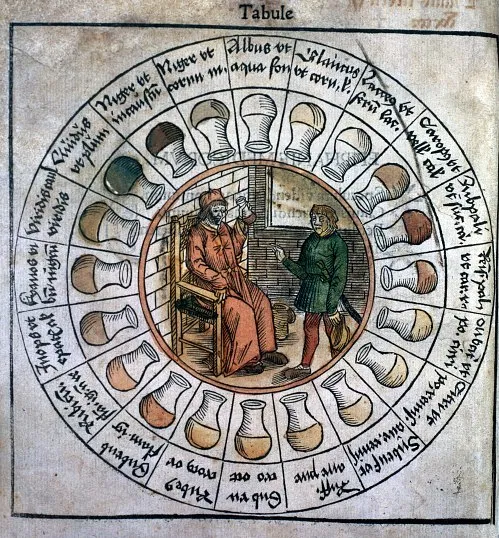

A Chronological History of Britain

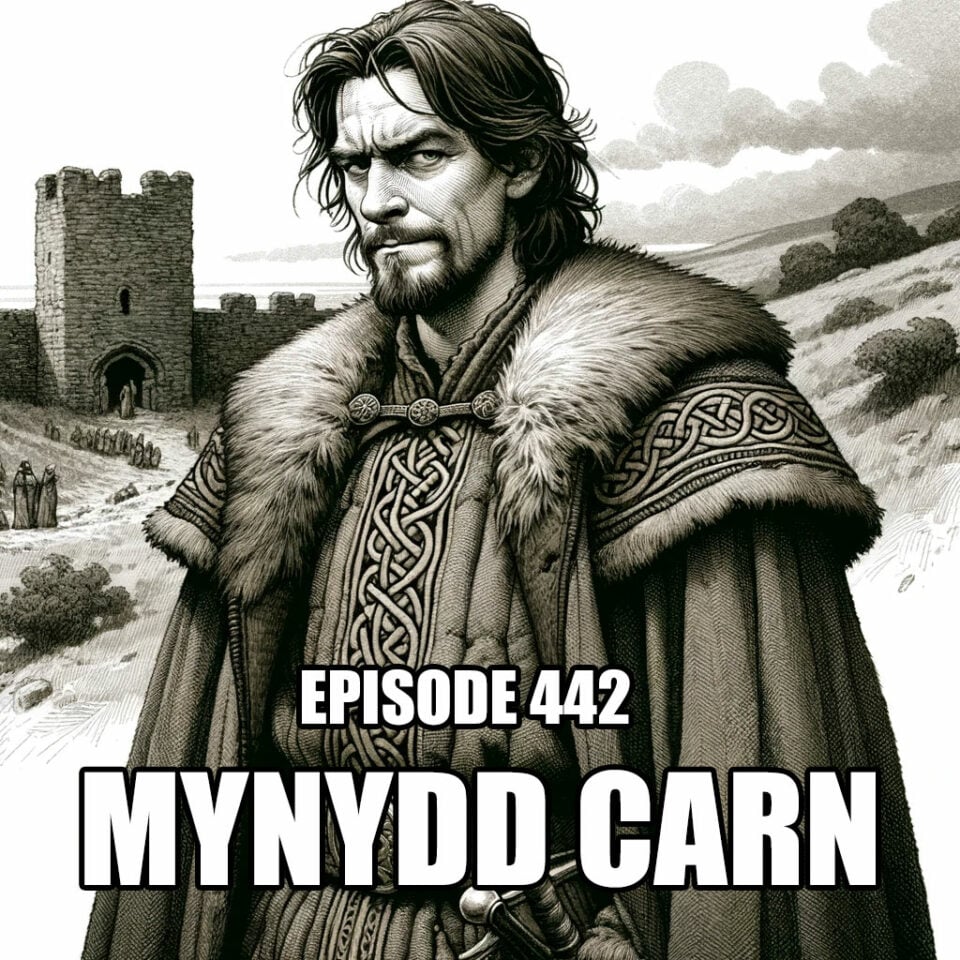
Podcast: Play in new window | Download
Norman interventionism into their neighbors was only just beginning… and the events at Mynydd Carn gave them just the excuse they needed.

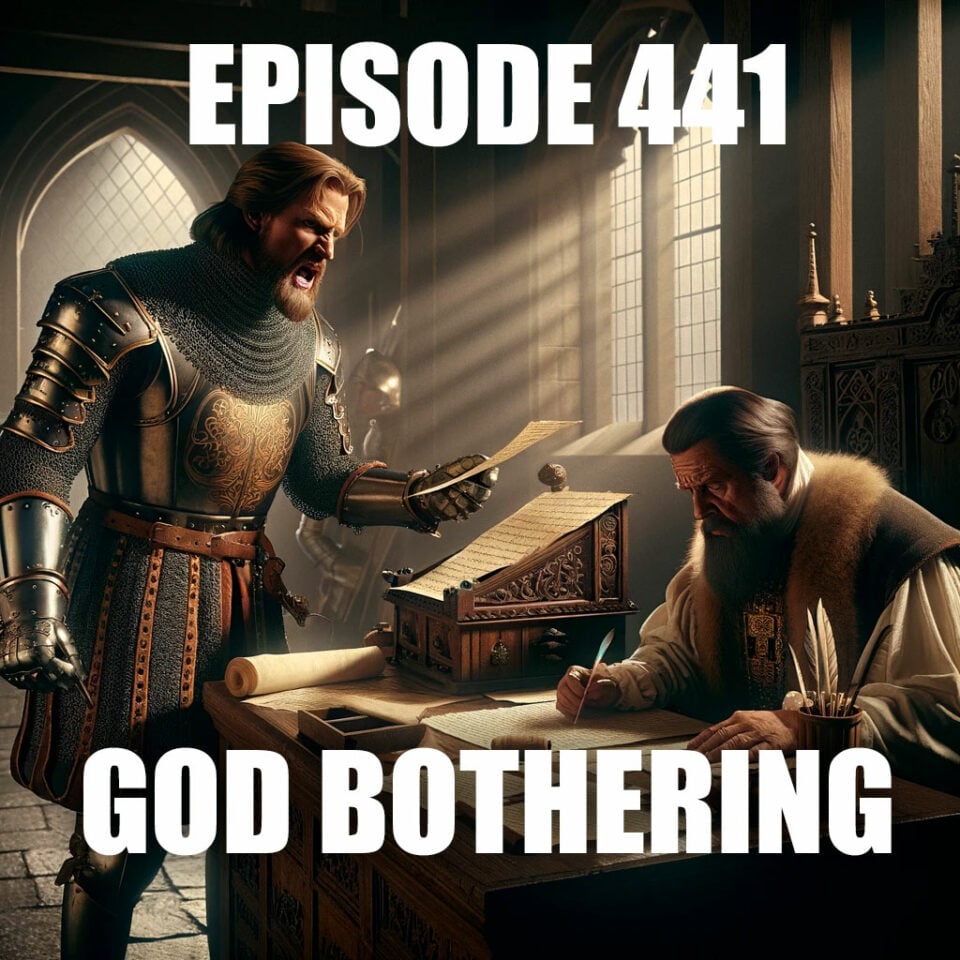
Podcast: Play in new window | Download
Tensions rise as rebellion and violence sweep through Northumbria. As news of the uprising reaches the south, King William, though initially absent, takes action and sends his half-brother, Bishop Odo, to deal with it. Odo’s reputation for cruelty was well earned and the people of Durham suffer greatly at his hands.
In the midst of this turmoil, William receives demands from Pope Gregory, who seeks to assert his authority over the king. But William is William.
Rough Transcript Below:

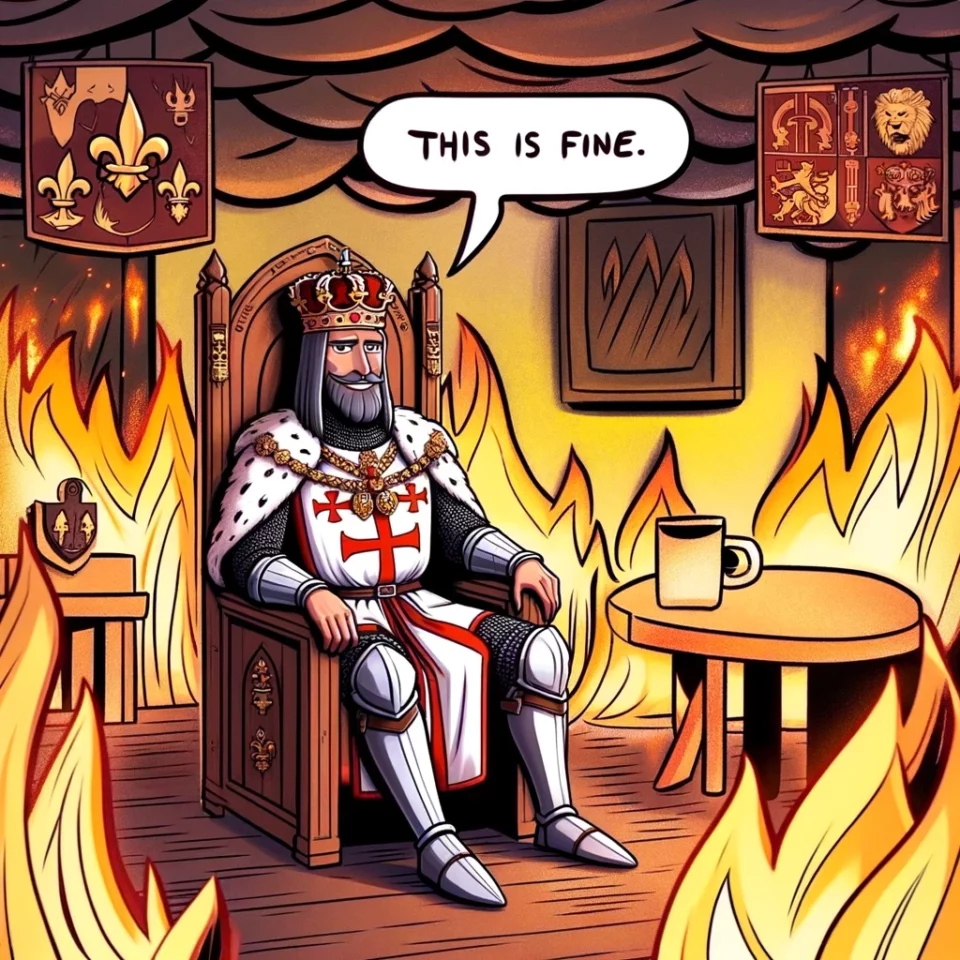
Podcast: Play in new window | Download
King Malcolm and the Scots have been raiding the northern reaches of England, leaving the Northumbrians to deal with the aftermath. Meanwhile, William is not speaking to his son Robert and is spreading rumors about him to anyone who will listen. Robert’s enemies are enjoying the show, but not everyone is amused. The powerful members of Norman society are worried about the escalating conflict, and Robert has had enough as well. He wants to put an end to the fighting, but William is determined to continue the war. Matilda has been working hard in Germany, and she returns to Rouen in the spring of 1080 with Count Simon by her side. They are joined by Archbishops Richard and Warmund, and everyone in attendance at the Easter celebration on an island just south of Rouen wants the conflict to end.
Rough Transcript Below:
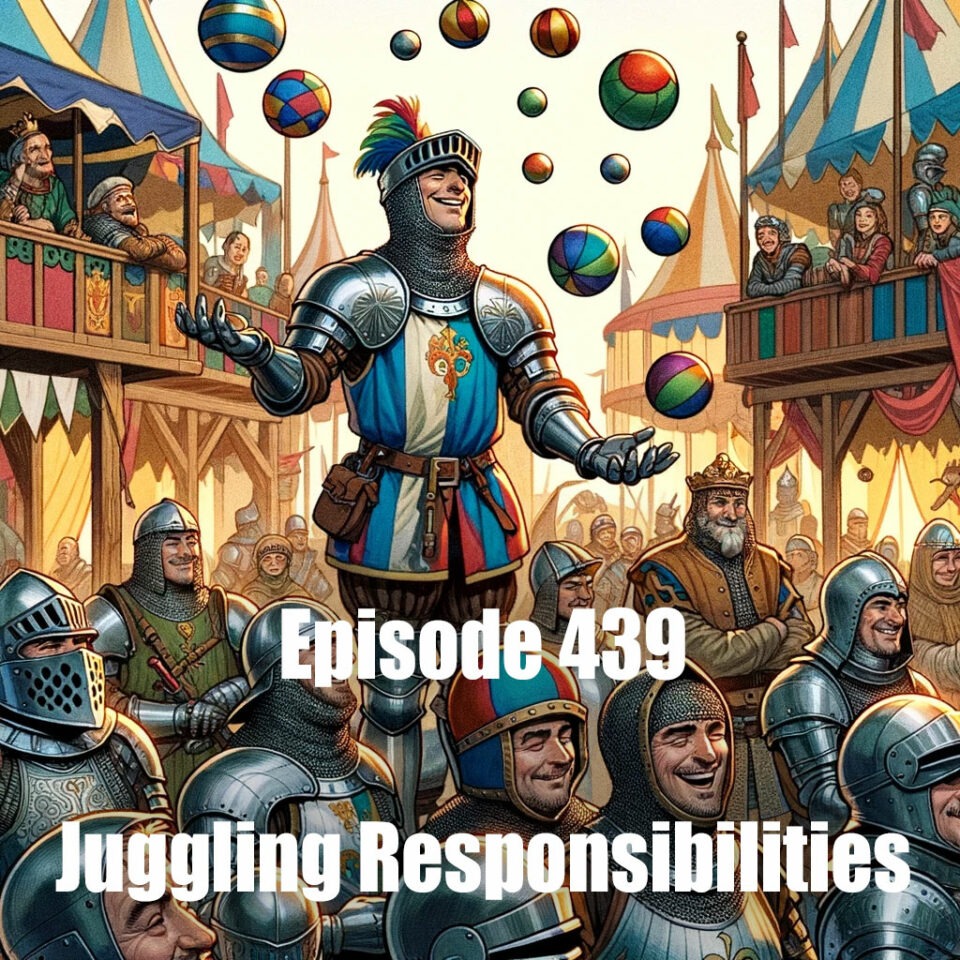
Podcast: Play in new window | Download
William, the Duke of Normandy and King of England, has been humiliated by his son Robert. Despite years of mocking and disrespect from William, Robert has defeated him in battle and spared his life. This has weakened William physically and reputationally. Meanwhile, Robert travels through Europe, attending tournaments and gaining support from powerful nobles who sympathize with his grievances against his father. The European aristocracy loves the gossip surrounding William and Robert’s feud. The conflict between them has caused instability and political consequences, even catching the attention of Pope Gregory. King Malcolm of Scotland takes advantage of the distraction caused by the family rift and raids northern England. The raiding continues for months, giving the English ideas of resistance.
Rough Transcript Below:
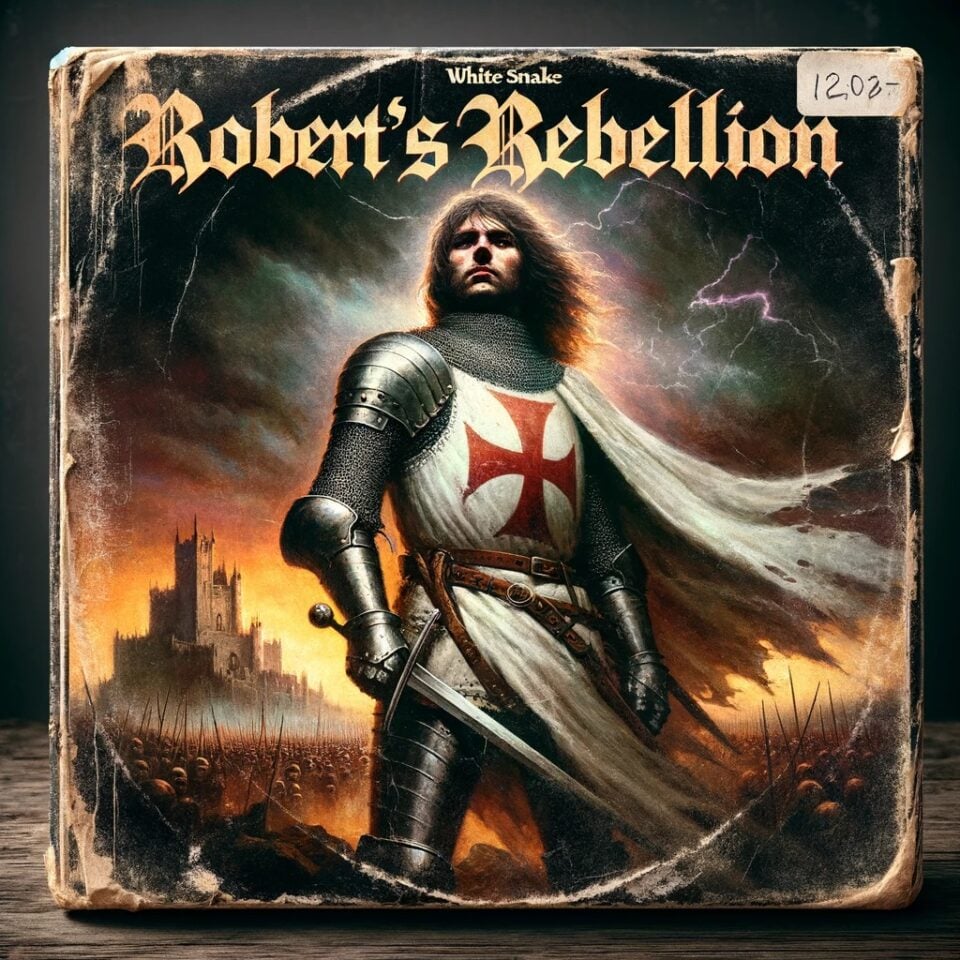
Podcast: Play in new window | Download
In a fit of rebellion, Robert, the eldest son of William the Conqueror, marches out on his own, defying his father and seeking adventure. However, reality sets in as he realizes the challenges and consequences of his actions. With the support of his companions, who are wealthy and politically connected, Robert launches a rebellion against his father, leading to a series of raids and battles. The conflict escalates as King Philip of France and other nobles become involved, resulting in a siege and a final confrontation between Robert and his father on the battlefield.
Rough Transcript Below:

Podcast: Play in new window | Download
Crown Prince Robert and his knights had been humiliated by Rufus and Henry and the royal hall erupts into chaos. This unprecedented public disgrace challenges the honor culture deeply ingrained in Norman society, sparking outrage and a quest for vengeance. The altercation underscores a volatile rivalry within the royal family, exposing deep-seated tensions and ambitions that threaten the fabric of their relationships and sets off a chain of events that could redefine the power dynamics within the Norman hierarchy.
Rough Transcript Below:
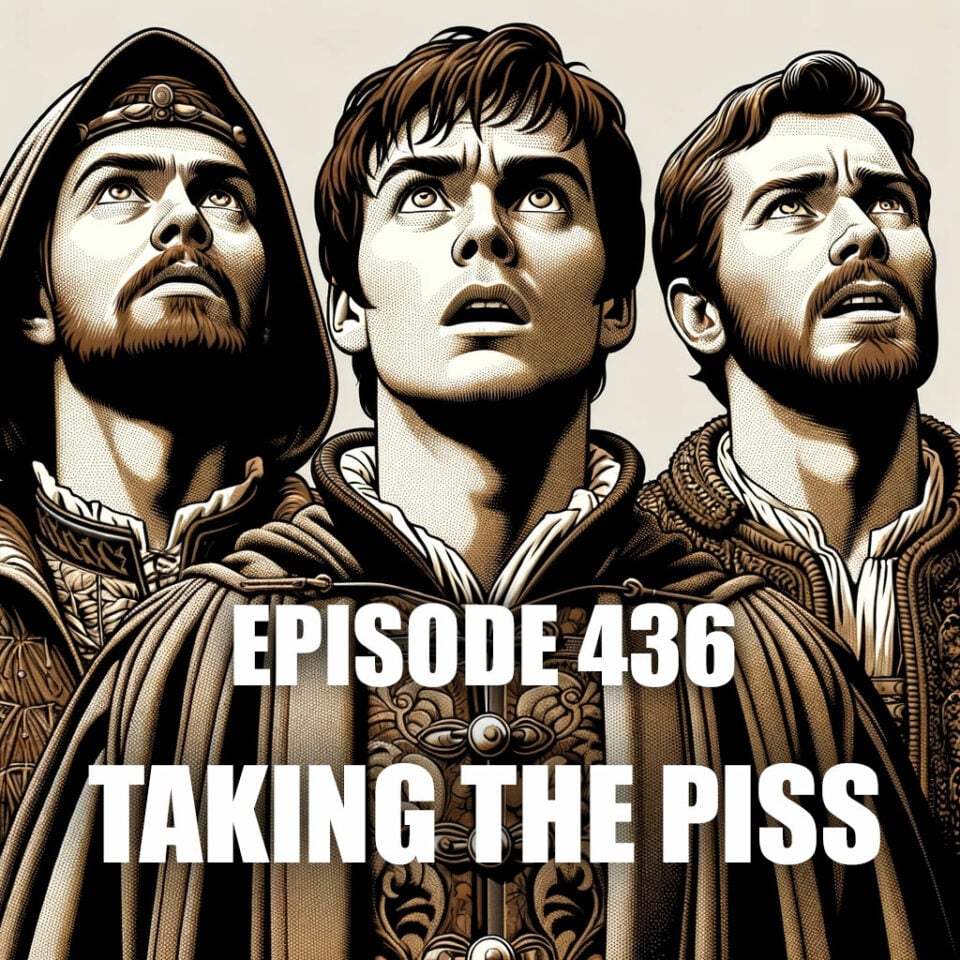
Podcast: Play in new window | Download
William the Conqueror, preferring Normandy over England, spends his later reign focusing on continental politics and property disputes, often resolving them personally alongside his politically influential wife, Matilda. Meanwhile, their heir Robert grows increasingly frustrated by his limited role and lack of authority within his family’s dominion, feeling sidelined in critical military and political decisions. William’s reluctance to delegate substantial responsibilities to Robert strains their relationship and hints at deeper trust issues, even as William engages in campaigns to expand his territory, navigating complex continental politics and family dynamics.
Rough Transcript Below: